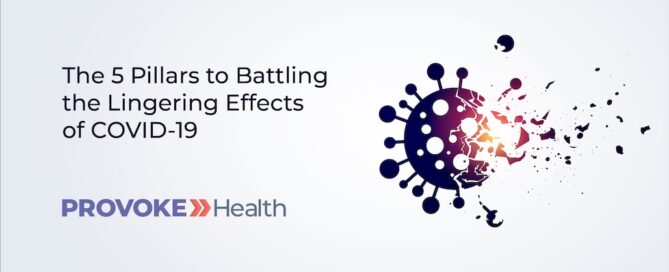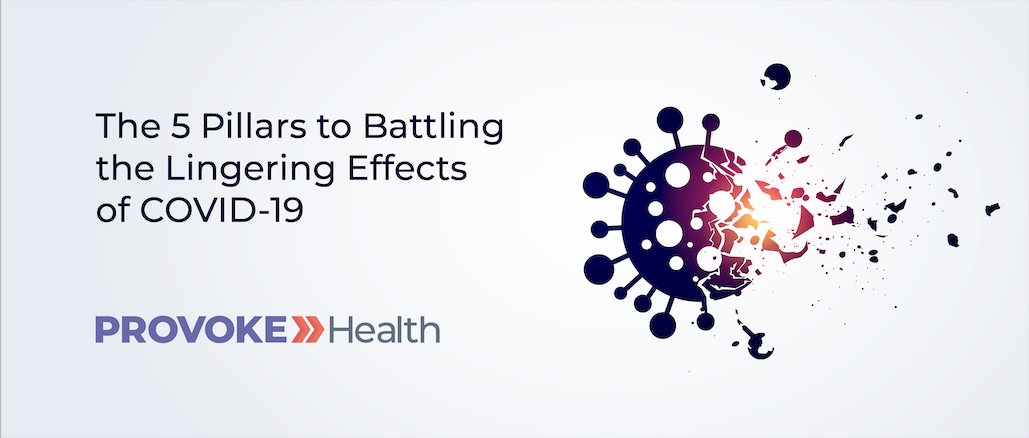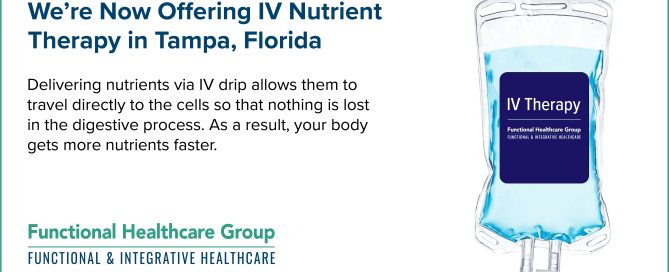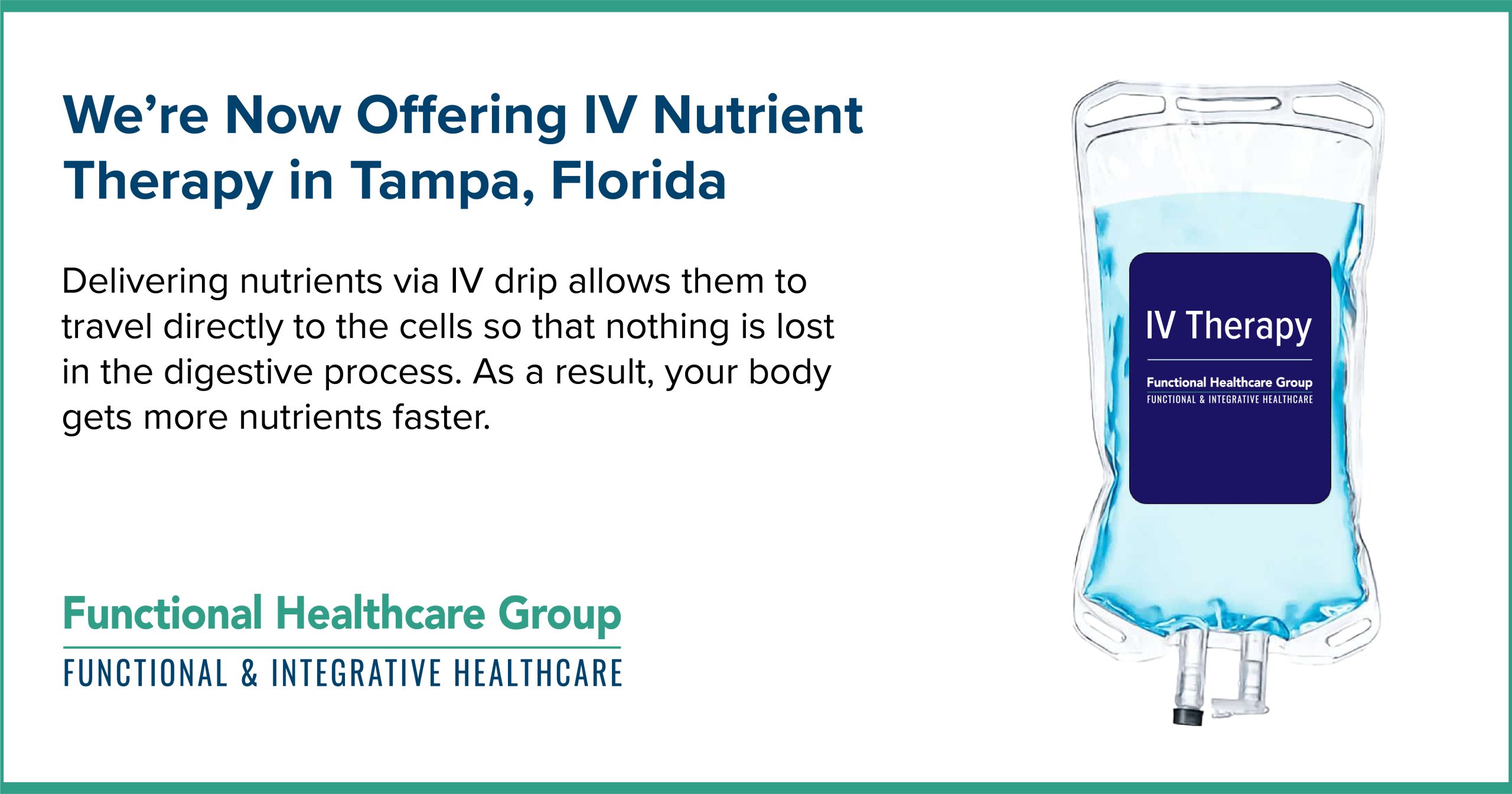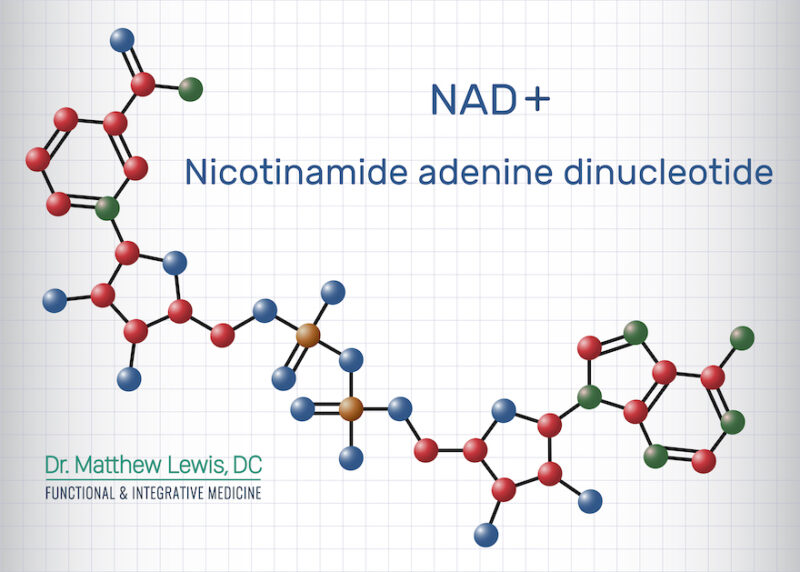Reclaiming Health at 69: A Testimony to Functional and Integrative Medicine
As a functional and integrative healthcare provider in Tampa, Florida, I have many experiences to share about the failures of conventional medicine in treating chronic health conditions, as well as the transformative success of our clinic’s personalized approach.
In this post, I tell the tale of Melinda, a 69-year-old woman who had been suffering from a number of chronic illnesses for more than two decades.

When Melinda arrived at PROVOKE Health, she was on prescription pain medication, thyroid hormone, cholesterol medication, blood pressure medication, metformin, and Mounjaro (GLP-1, in the same class as Ozempic), along with over-the-counter Tylenol. She was struggling with the following conditions:
- Memory loss and impaired concentration and mental acuity
- Osteoarthritis
- Rheumatoid arthritis
- Hashimoto’s thyroiditis
- Chronic fatigue
- Fungal (candida) overgrowth
- Non-alcoholic fatty liver disease (NAFLD)
Melinda described her conditions as follows:
“I am severely bloated, in pain, cannot think clearly nor exercise due to both pain and fatigue. My quality of life has greatly diminished over the last few years, and I have been progressively gaining weight and losing mental acuity.
“I have lost motivation to exercise due to the lasting pain in my joints that is worsened with activity. I have a scheduled surgery for my hands in the upcoming year, but I am concerned about undergoing surgery in my current state.
“I feel inflamed all over and am worried about recovery. I have had previous hip and knee replacements and shoulder and foot surgery.”
Melinda’s Road to Recovery
Over the past six months, I met with Melinda nearly a dozen times, and she consulted with all the providers on our team. The visits were designed to first understand her health history, current concerns, and goals. From there, we created a starting point for care that included dietary interventions and supplements, along with the medication low-dose naltrexone (LDN) and anti-inflammatory peptides, which is a combination that’s helpful in calming the immune response and reducing inflammation.
By her third month in treatment, Melinda was clearly improving with respect to joint pain. She believed that the pain relief was primarily due to the LDN. (For more about LDN, see our previous post “Low-Dose Naltrexone (LDN) and Healthy Immune Function.”)
She wanted more energy, so we provided her with a combination of B12 injections and Nicotinamide adenine dinucleotide (NAD). These are both associated with Continue reading…



